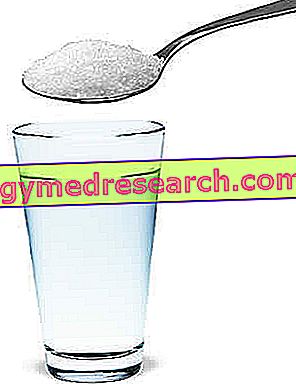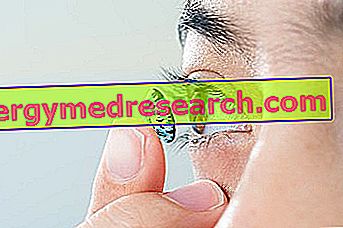
What is Benlysta - belimumab?
Benlysta is a powder for solution for infusion (drip into a vein), containing the active substance belimumab.
What is Benlysta - belimumab used for?
Benlysta is indicated as adjunctive therapy in adults with autoantibody-positive systemic lupus erythematosus (SLE), with a high degree of disease activity despite standard therapy.
The medicine can only be obtained with a prescription.
How is Benlysta used - belimumab?
Treatment with Benlysta should be started and supervised by a doctor who is experienced in the diagnosis and treatment of SLE.
Benlysta is given as an intravenous infusion over an hour. The recommended dose is 10 mg per kilogram of body weight. The first three doses are given at two-week intervals. Subsequently, Benlysta is taken at four-week intervals.
Your doctor may need to consider discontinuation or interruption of treatment if the patient develops infusion reactions (including erythema, itching and difficulty breathing) or hypersensitivity (allergic) reactions. Therefore, Benlysta should only be administered in an environment where it is possible to respond immediately to such reactions.
How does Benlysta - belimumab work?
LES is a disease in which the immune system (the body's natural defenses) attacks the patient's cells and tissues causing inflammation and damage to various organs. It can affect almost all organs and is thought to involve a type of white blood cell called B lymphocytes. Generally, B lymphocytes produce antibodies (proteins) that help fight infections. In the LES some of these antibodies instead attack the body's cells and organs (autoantibodies).
The active substance in Benlysta, belimumab, is a monoclonal antibody. A monoclonal antibody is an antibody developed to recognize and bind to a specific structure (the antigen) present in the body. Belimumab was designed to bind and block a protein called BLyS, which helps B lymphocytes to live longer. By blocking the action of BLyS, belimumab shortens the life span of B lymphocytes, thereby reducing inflammation and damage to organs observed in SLE.
How has Benlysta - belimumab been studied?
The effects of Benlysta were first tested in experimental models before being studied in humans.
Benlysta (administered at doses of 1 and 10 mg / kg body weight) was compared with placebo (a dummy treatment) in two main studies involving 1 693 adult patients with active SLE. During the studies, patients continued to receive standard SLE therapy. In both studies the main measure of effectiveness was the number of patients whose disease activity decreased to a certain level after 12 months.
What benefit has Benlysta - belimumab shown during the studies?
Benlysta has been shown to be more effective than placebo in reducing disease activity when used as an adjunctive therapy in the treatment of SLE. In the first study, the dose of 10 mg / kg of Benlysta was effective in 43% of patients compared to 34% of subjects treated with placebo. In the second study, the dose of 10 mg / kg of Benlysta was effective in 58% of patients compared to 44% of subjects treated with placebo. In both studies the dose of 10 mg / kg of Benlysta was more effective than the dose of 1 mg / kg.
What is the risk associated with Benlysta - belimumab?
The most common side effects with Benlysta (seen in more than 1 patient in 10) are diarrhea and nausea. For the full list of all side effects reported with Benlysta, see the Package Leaflet.
Benlysta should not be used in people who may be hypersensitive (allergic) to belimumab or any of the other ingredients.
Why has Benlysta - belimumab been approved?
The CHMP considered that Benlysta, used as adjunctive therapy in patients with SLE, reduces disease activity without serious risk to the patient. The medicine can cause hypersensitivity reactions and infusion reactions as well as infections, but in general it is well tolerated. The CHMP also noted that there are no effective alternative therapies for patients who have already undergone standard treatments. The Committee decided that Benlysta's benefits are greater than its risks and recommended that it be given marketing authorization.
More information about Benlysta - belimumab
On 13 July 2011, the European Commission issued a marketing authorization for Benlysta, valid throughout the European Union.
For more information on Benlysta therapy, read the package leaflet (also part of the EPAR) or contact your doctor or pharmacist.
Last update of this summary: 07-2011.



